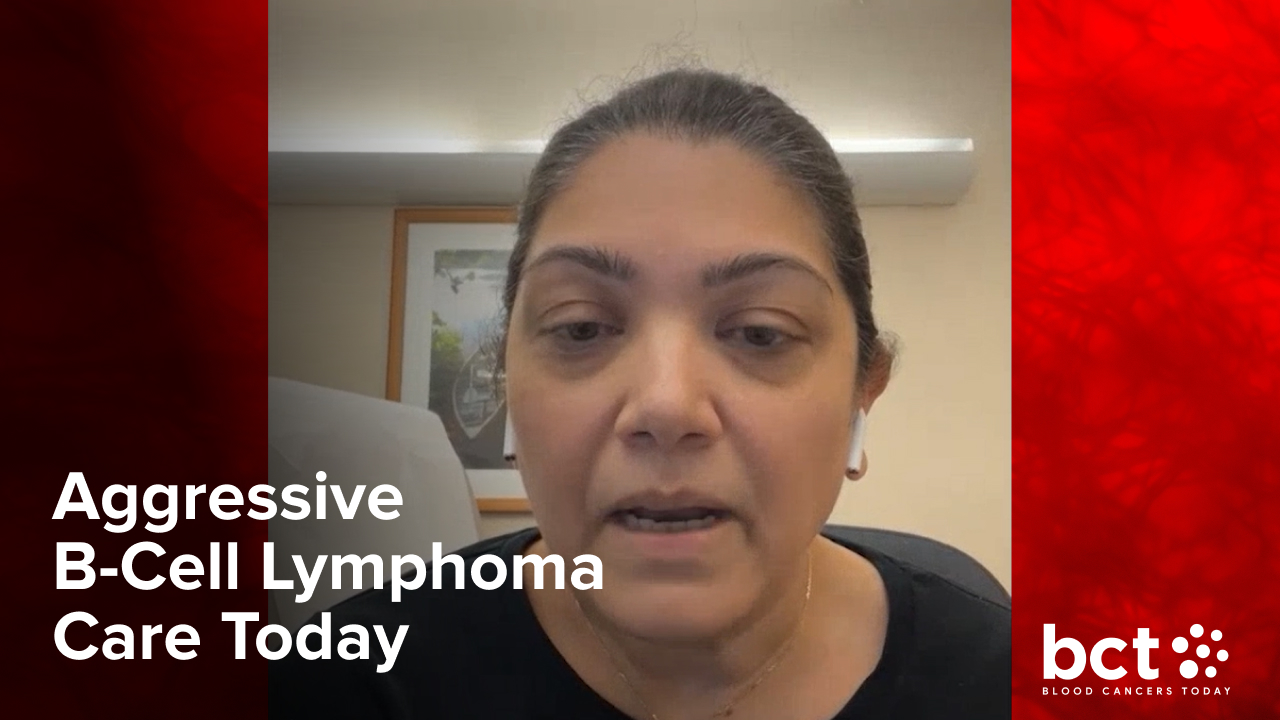
An analysis of hospitalized patients with hematologic malignancies admitted for hematopoietic stem-cell transplantation (HSCT) found that a significant proportion of them showed symptoms of delirium. The findings indicate that prevalence of symptoms associated with delirium is high among patients hospitalized to undergo HSCT and is associated with worse outcomes.
“These findings suggest that interventions (e.g., psychiatry or palliative care interventions) that proactively assess for and manage delirium during the transplant hospitalization may result in lower hospital length of stay for patients undergoing HSCT,” the investigators wrote. “Subsequently, this may help decrease the already high economic burden associated with transplant hospitalization.”
Delirium is a common neuropsychiatric syndrome among hospitalized patients. It has been associated with significant morbidity and mortality among patients undergoing HSCT, according to the study’s authors, led by Hermioni L. Amonoo, MD, MPP, of the Department of Psychiatry at Brigham and Women’s Hospital, in Boston.
Dr. Amonoo and colleagues wrote that delirium symptoms could distinguish patients with hematologic malignancies undergoing HSCT “who are at a higher risk for acute clinical decompensation and worse health care utilization.”
The retrospective study, published in Transplantation and Cellular Therapy, was notable for its use of natural language processing (NLP) for computer-assisted review of electronic health record (EHR) clinical data.
The investigators proposed that NLP can be used as a tool for identifying HSCT recipients at risk for delirium more quickly and easily than traditional chart reviews, which can be time intensive and laborious.
The study covered 502 consecutive adult patients with hematologic malignancies who were hospitalized to undergo allogeneic or autologous HSCT at Massachusetts General Hospital and the Dana-Farber Cancer Institute in Boston from April 2016 to April 2021. Patients were excluded if they had nonhematologic malignancies or if they were not hospitalized for HSCT.
To identify patients with delirium, the investigators reviewed clinical documentation from one week prior to transplantation until 30 days after transplant using the ClinicalRegex NLP software and a keyword library for identifying delirium. The delirium keyword library was generated after a manual review of the EHR for 50 patients to identify key terms related to delirium symptoms and from prior studies that assessed delirium in hospitalized patients.
The investigators used logistic regression models to assess the relationship between the risk of delirium symptoms and patient baseline demographics, transplant-related factors, and clinical factors, such as the use of antipsychotic prescription or psychiatric consultation. Separate models were used for autologous and allogeneic HSCT recipients.
In terms of the prevalence of delirium symptoms, the results showed that 44.4% (n=124/279) and 39.0% (n=87/223) of patients undergoing allogeneic and autologous HSCT, respectively, exhibited delirium symptoms during their HSCT hospitalization. Of those with delirium symptoms, 14.2% received a palliative care consultation, 12.3% received a psychiatry consultation, and 65.9% had an antipsychotic medication prescribed.
Among autologous HSCT recipients, delirium symptoms were significantly associated with a longer hospital length of stay (P<.001), but not with days alive and out of the hospital, intensive care unit (ICU) admissions, or hospital readmissions. Among patients undergoing allogeneic HSCT, delirium symptoms were significantly associated with a longer hospital length of stay (P<.001), with ICU admissions post-HSCT (P=.002), and with fewer days alive and out of the hospital (P<.001).
A limitation noted by the authors of the study is that they have not yet validated their rule-based NLP model with actual clinician diagnosis of delirium or validated delirium assessment tools such as the Delirium Rating Scale.
“NLP-assisted EHR review is a feasible approach to identifying hospitalized patients, including HSCT recipients, at risk for delirium,” the authors concluded. “Since delirium symptoms are negatively associated with health care utilization during and after HSCT, our findings underscore the need to efficiently identify patients hospitalized for HSCT who are at risk of delirium to improve their outcomes.”
Reference
Amonoo HL, Markovitz NH, Johnson PC, et al. Delirium and healthcare utilization in patients undergoing hematopoietic stem cell transplantation. Transplant Cell Ther. 2023. S2666-6367(23)00066-0. doi:10.1016/j.jtct.2023.01.028






 © 2025 Mashup Media, LLC, a Formedics Property. All Rights Reserved.
© 2025 Mashup Media, LLC, a Formedics Property. All Rights Reserved.